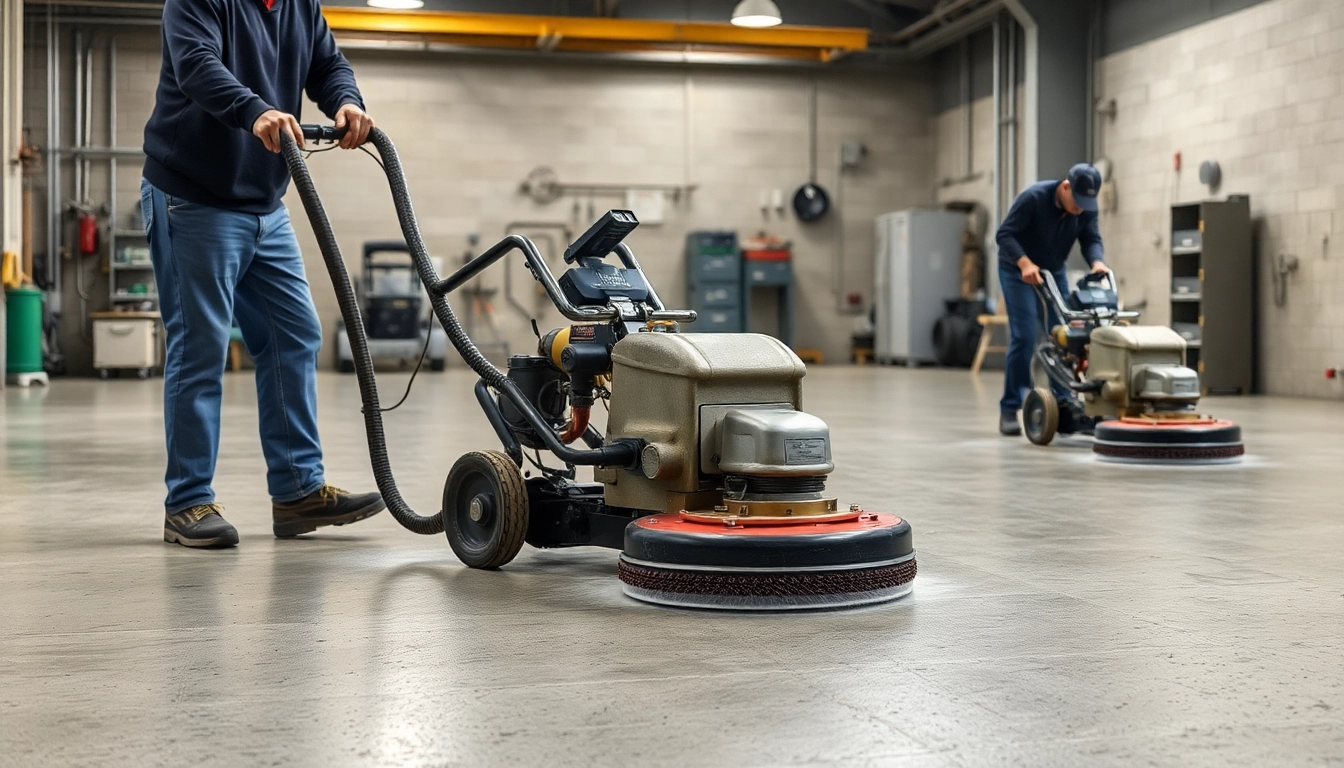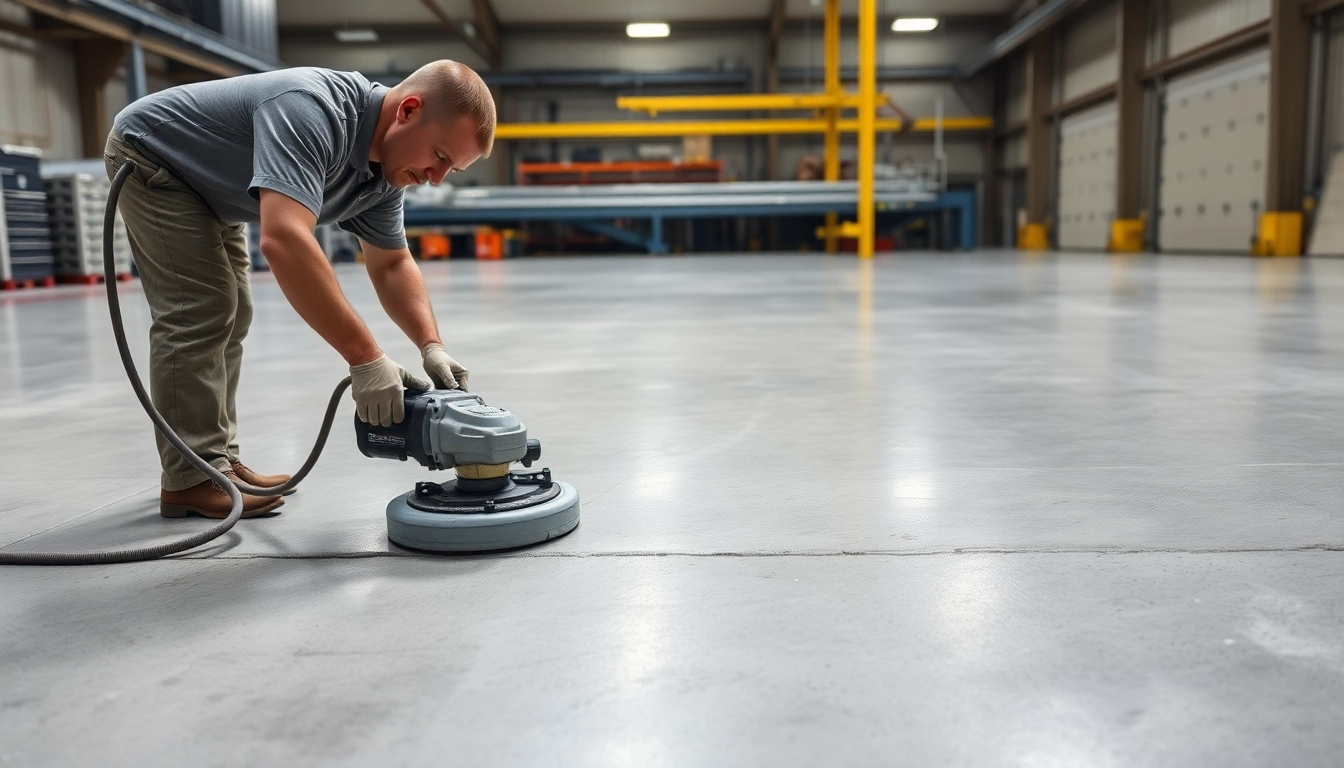Understanding the Role of a Local Roofing Company
What Defines a Local Roofing Company?
A local roofing company is a trusted provider of roofing services that operates within a specific geographic area, serving homeowners, landlords, and commercial clients in their immediate community. These companies differentiate themselves from national or franchise brands by their deep roots in the local area, intimate knowledge of regional building codes, climate considerations, and community reputation. Typically, local roofing companies employ local tradespeople, foster strong relationships with suppliers nearby, and customize their services to meet regional needs, making them more responsive and accountable to their clients.
Unlike large corporate entities that may manage projects remotely, local roofers are often more flexible, offering personalized service, quicker response times, and tailored solutions. Their geographic concentration allows them to develop expertise specific to the environmental conditions in their area—such as managing slate roofs in mountainous regions or flat roofs in urban settings. These characteristics underscore why choosing a local roofing company can be advantageous for homeowners seeking quality, reliability, and community trust.
Benefits of Choosing Local Experts
- Personalized Customer Service: Local roofers prioritize customer satisfaction, often building strong relationships that lead to repeat business and referrals.
- Faster Response and Scheduling: Proximity means quicker site visits, prompt emergency repairs, and more flexible scheduling options.
- Regional Expertise: Local companies possess in-depth knowledge of regional weather patterns, building regulations, and traditional materials, ensuring durable and compliant roofing solutions.
- Community Support and Trust: Working with local businesses supports the local economy and fosters community trust, often reflected in positive reviews and word-of-mouth recommendations.
- Better Quality Control: Local companies tend to uphold higher standards to maintain their reputation within the community, leading to superior workmanship and materials.
Common Services Offered by Local Roofers
Local roofing companies offer a comprehensive range of services tailored to residential, commercial, and industrial properties. These include:
- Roof Installation: Installing new roofs using various materials such as tiles, slate, metal, or flat roofing systems.
- Roof Repairs: Addressing leaks, damaged shingles, cracked tiles, and other urgent issues to prevent further deterioration.
- Re-Roofing and Overlay: Upgrading or renewing existing roofs without full removal, often to improve insulation or aesthetics.
- Gutter and Fascia Installation: Ensuring proper water drainage and protecting roof edges.
- Chimney Repairs and Flashing: Maintaining the integrity of the roof around chimneys and vent pipes to prevent leaks.
- Inspections and Maintenance: Regular assessments to identify issues before they escalate, prolonging roof lifespan.
Many local companies also provide specialized services such as flat roofing solutions, green roofs, or environmentally friendly materials, aligning with the growing trend towards sustainable roofing options.
Choosing the Right Local Roofing Company for Your Project
Key Factors to Consider
Selecting a reputable local roofing contractor requires careful evaluation. Consider the following factors:
- Licensing and Insurance: Ensure the company holds valid licenses and comprehensive insurance to protect against liabilities.
- Experience and Expertise: Verify their track record with similar projects, certifications, and specialized skills.
- Reputation and Reviews: Read online testimonials, seek referrals, and examine previous work to gauge reliability and quality.
- Warranty and Guarantees: A trustworthy local roofer offers warranties on both materials and labor, indicating confidence in their work.
- Pricing Transparency: Obtain detailed estimates to compare costs and avoid hidden charges.
- Availability and Timeliness: Confirm their capacity to meet your project timeline and respond to emergencies.
Questions to Ask Before Hiring
To ensure you select the right partner, prepare pertinent questions such as:
- Can you provide references from previous clients?
- What materials do you recommend for my roof, and why?
- How long will the project take from start to finish?
- Do you handle permits and inspections?
- What safety measures do you follow on-site?
- How do you manage unexpected issues or delays?
How to Verify Credentials and Reviews
Validating credentials and customer feedback is crucial for peace of mind. Begin by requesting licensing documents and insurance certificates. Cross-check credentials with local licensing authorities or trade organizations such as the National Federation of Roofing Contractors (NFRC). Additionally, review online platforms such as TrustATrader, Checkatrade, or MyBuilder for verified customer reviews and project galleries. Consulting with references and inspecting completed projects in your area also provide insights into workmanship quality and reliability.
Best Practices for Roofing Installation and Maintenance
Importance of Quality Materials
The longevity and performance of your roof heavily depend on the quality of materials used. While cost considerations are important, opting for durable, weather-resistant materials ensures reduced long-term maintenance and fewer repairs. Modern roofing options include advanced asphalt shingles, durable metal panels, slate, clay tiles, and environmentally friendly options such as recycled materials. Working with reputable local suppliers ensures the provenance and reliability of these materials.
Proper Installation Techniques
Even the best materials can fail if improperly installed. Skilled local roofers adhere to manufacturer specifications and industry best practices. Correct installation involves precise measurements, proper flashing, adequate ventilation, and sealing to prevent leaks. Overcoming challenges such as uneven substrates or complex roof designs requires expertise. A certified contractor will implement quality control procedures, employ safety standards, and conduct thorough inspections during and after installation.
Examples of best practices include ensuring proper attic ventilation, sealing around penetrations, and double-checking shingle or tile alignment. These reduce risks like wind damage, ice dam formation, and premature material failure.
Scheduled Maintenance for Longevity
Regular roof maintenance extends lifespan and maintains appearance. Bi-annual inspections—preferably in spring and autumn—allow early detection of issues such as debris buildup, moss growth, loose shingles, or damaged flashing. Routine cleaning of gutters and inspecting for water stains or mold signs inside the attic are also essential tasks. Local roofing companies often offer maintenance plans tailored to regional weather patterns.
Investing in maintenance not only prevents costly repairs but also enhances energy efficiency, as well-maintained roofs improve insulation and airflow. Educating homeowners on minor upkeep, such as trimming overhanging branches or removing moss, contributes to long-term durability.
Cost, Estimates, and Project Timeline
Getting Accurate Quotes
A detailed estimate should include costs for materials, labor, permits, disposal, and any additional services. Reputable local roofers conduct thorough site assessments before providing quotes, considering specific factors such as roof size, pitch, complexity, and material preferences. Always request written estimates and clarify if they include warranties or post-installation services.
To compare quotes effectively, review breakdowns for transparency and ask about potential additional costs. Avoid contractors who provide vague or overly low estimates, as these often indicate compromises on quality or hidden charges.
Understanding Pricing and Value
While cost is a significant factor, prioritizing value is essential. The cheapest option might not deliver the best longevity or craftsmanship. Consider the balance between cost, material quality, and the contractor’s reputation. Investing in higher-quality materials and skilled installation typically results in lower maintenance costs and fewer repairs over the roof’s lifespan.
Estimating Project Duration
Project timelines vary based on scope, weather conditions, and contractor availability. A typical roof replacement may take anywhere from a few days to a couple of weeks. Larger or more complex projects involving multiple materials or custom designs can extend timelines. Local roofing firms provide realistic scheduling based on their current workload and your project’s specific requirements.
Clear communication and setting expectations from the outset help prevent delays. Additionally, choosing a contractor experienced in managing logistics ensures smoother progress and adherence to deadlines.
Enhancing Your Home’s Resilience with a Local Roofing Partner
Innovative Roofing Solutions
The roofing industry is continually evolving, with new materials and technologies enhancing durability, energy efficiency, and aesthetic appeal. Local roofers stay abreast of innovations such as solar-integrated roofing, reflective coatings, and green roofs. Implementing these solutions can significantly improve your home’s resilience to extreme weather, reduce energy bills, and contribute to sustainability goals.
For example, reflective coatings can mitigate heat absorption, lowering cooling costs during summer. Solar panels integrated into roof tiles or standing seam systems combine functionality with aesthetics, providing renewable energy solutions tailored to regional climate conditions.
Environmental Considerations
Eco-conscious homeowners increasingly seek roofing options that minimize environmental impact. Local contractors often source sustainable materials, recommend energy-efficient systems, and offer recycling programs for old roofing materials. Green roofs or vegetative coverings not only insulate but also mitigate stormwater runoff, improve air quality, and support biodiversity.
Customer Satisfaction and After-Sales Support
A reliable local roofing company builds lasting relationships through excellent service and ongoing support. Post-installation warranties, routine maintenance packages, and prompt response to issues are markers of a trustworthy firm. Customer satisfaction metrics, such as online reviews and testimonials, reflect their commitment to quality and after-sales care.
Educating clients on roof care, upcoming needs, and available upgrades empowers homeowners to maintain their investment effectively. Choosing a local partner with a reputation for personalized support ensures peace of mind long after project completion.



